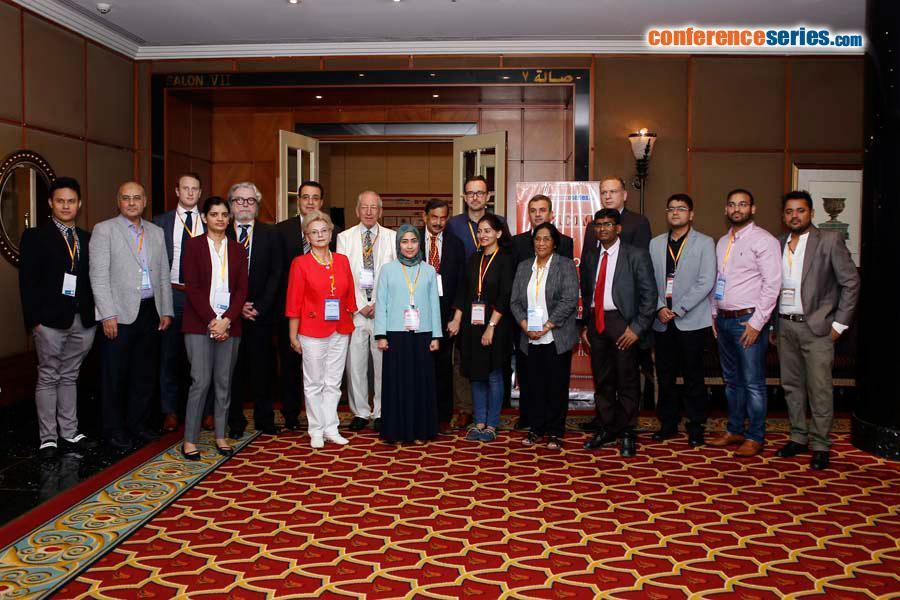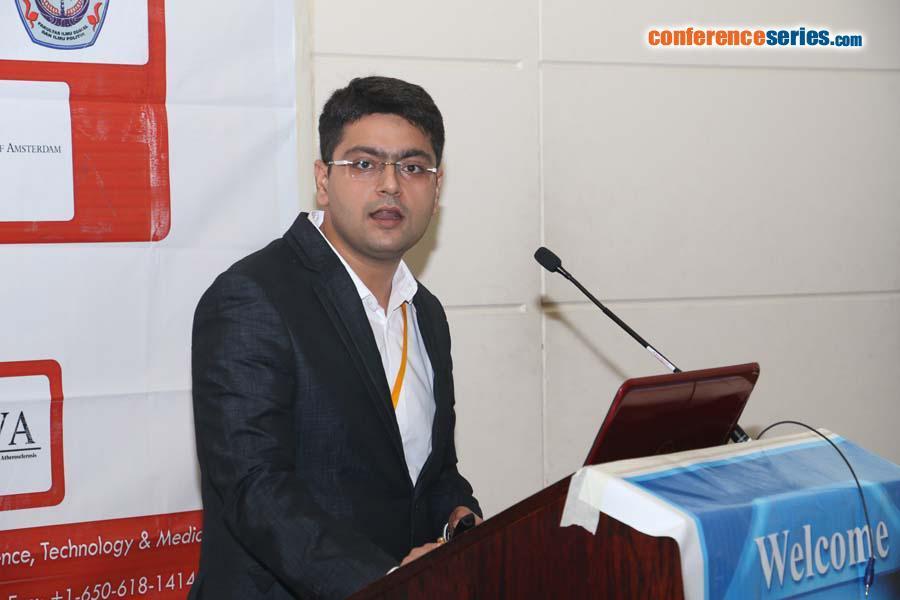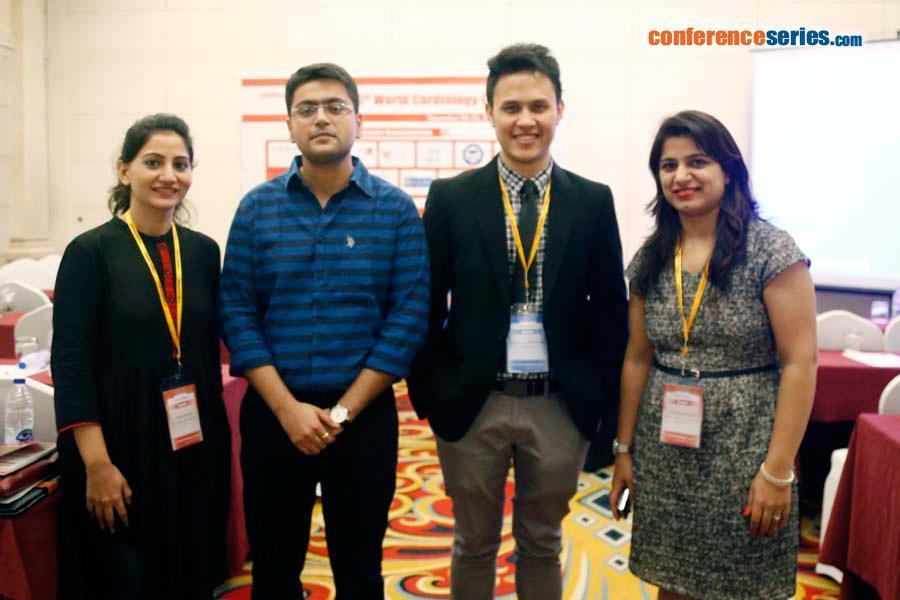
Himanshu Kumar Yadav
King George Medical University, Lucknow, India
Title: A prospective study to predict factors that affect early reversal of block and prognosis in patients of acute ST elevation myocardial infarction complicated with complete heart block
Biography
Biography: Himanshu Kumar Yadav
Abstract
Introduction: Complete heart block (CHB) is a complication of acute STEMI with high mortality. There is lack of information on the patient characteristics and management strategies that can predict the outcome in such patients.
Aim: We hypothesize that reversal of block is a critical step in the outcome and prognosis of these patients. Thus persistent block could be another indication of revascularization irrespective of time delay in addition to cardiogenic shock, heart failure and ischemia.
Methods: It is a prospective single centre study conducted in a department of cardiology, India, from January to December 2015. All admitted patients of acute STEMI were evaluated. Of those, patients having CHB were enrolled. With limited resources, financial constraints and time of presentation (window period), patients were self-divided in to five groups: Primary PCI; thrombolysis with streptokinase (STK+<12 hours); pharmacoinvasive (PCI as early as possible following thrombolysis, STK+/PCI+); delayed PCI (24-36 hours, STK-/PCI+) and; non-re-vascularized (STK-/PCI-). Outcome during the hospital stay in different groups was compared with respect to time of reversal of block and mortality.
Results: Total 3954 STEMI patients evaluated. 146 (3.69%) had CHB. 109/146 (74.7%) were of inferior wall MI and 37 (25.3%) anterior wall MI. 37/146 (25.3%) expired. Mean time of reversal of block in different groups as depicted in the picture. Factors associated with early reversal were: Early presentation to hospital (<6 hours)(p-.01),Revascularization in any form(p-.0001), Primary PCI(p-.03), Narrow QRS, Normal renal functions (creatinine<1.5)(p-.0001) and Inferior wall MI. On multivariate analysis, Risk score predicting high mortality was-Age (mean 63.22±11.45years,p-.02), delayed presentation >12 hours(p-.001),presentation with heart failure or cardiogenic shock( p-.001), Wide QRS (p-.006), Low Ejection fraction(<40%)(p-.001)and No revascularization (p-.001).Out of 37 expired patients, block did not revert in 30 of them till death.
Conclusion: In patients whom block does not revert, prognosis is very poor. Revascularization in any form, preferably early PCI cause early reversal of block and thus alters prognosis.Even those who are out of window period, CHB should be an indication of revascularisaion/thrombolysis if not otherwise indicated.Other factors predicting mortality and delayed reversal of block were determined.




